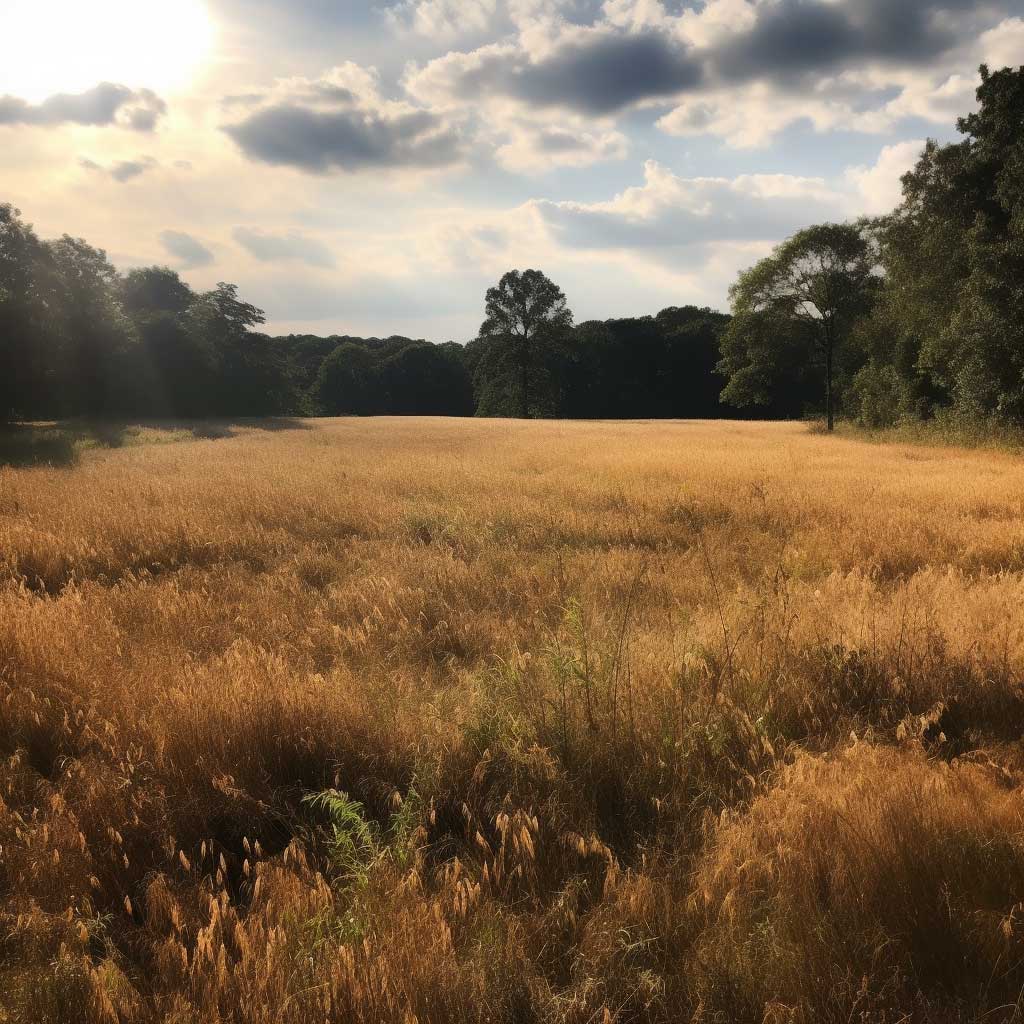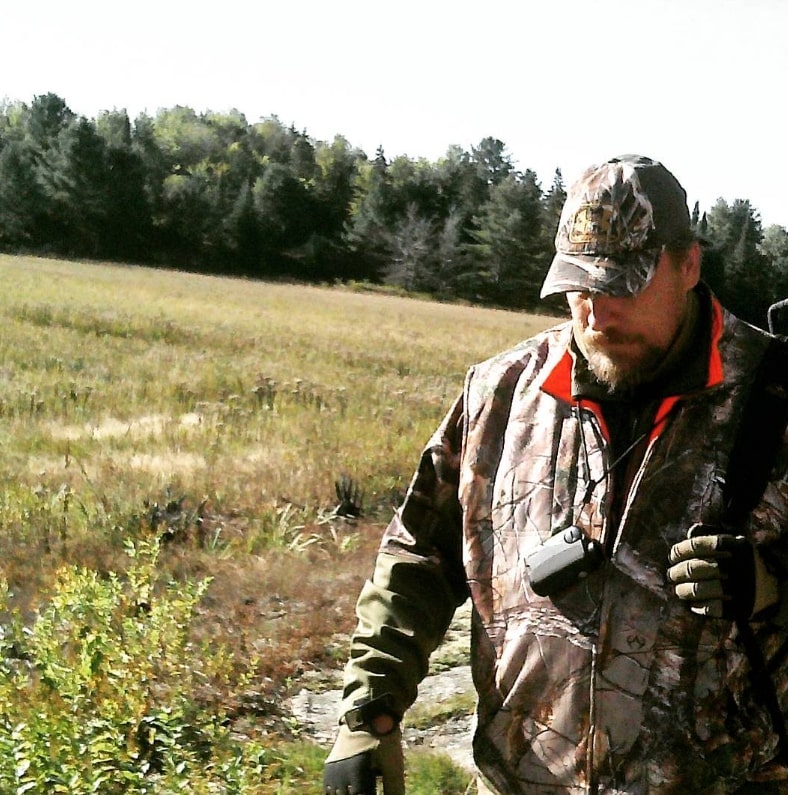Hunting Lease Network


Hunting leases have become increasingly popular over the years as more and more people seek access to prime hunting land. A hunting lease is essentially a rental agreement between a landowner and a hunter, allowing the hunter to access and hunt on the landowner’s property for a set period of time.
Hunting leases can vary in size and duration, and they can be an excellent way for hunters to gain access to private land that might not be otherwise available. In this article, we’ll dive into the details of hunting leases, including how they work, their benefits and drawbacks, and how to find and negotiate the best lease for your needs.
How Do Hunting Leases Work?
A hunting lease is a legal agreement between a landowner and a hunter. The lease typically includes details such as the boundaries of the property, the duration of the lease, the types of game that can be hunted, and any restrictions or requirements that the hunter must adhere to.
Hunting leases can be structured in several ways. Some leases may require the hunter to pay a set fee for the entire lease period, while others may charge a per-day or per-week fee. Some leases may also require the hunter to provide liability insurance or to have a hunting license.
Benefits of Hunting Leases
There are several benefits to leasing hunting land. One of the main benefits is that it provides hunters with access to private land that may not be available for public hunting. Private land can often be better managed and offer a higher quality hunting experience than public land.
Additionally, hunting leases can be an excellent way for landowners to generate income from their property. Hunters are often willing to pay a premium for access to prime hunting land, and landowners can use hunting leases as a way to monetize their land while still maintaining ownership.
Drawbacks of Hunting Leases
While hunting leases can offer many benefits, there are also some drawbacks to consider. One potential drawback is that leases can be expensive, particularly for prime hunting land. Hunters may also be required to pay for liability insurance or have a hunting license, which can add to the cost.
Another potential issue is that hunting leases may be subject to changes in hunting regulations or other factors that could impact the hunting experience. For example, if a new hunting regulation is put in place that restricts the types of game that can be hunted, the hunter may need to renegotiate the lease or find a new property to hunt on.
Finding and Negotiating Hunting Leases
If you’re interested in leasing hunting land, there are several ways to find and negotiate a lease. One option is to work with a hunting lease broker or agent who can help you find available properties and negotiate the terms of the lease.
Another option is to reach out to landowners directly and inquire about the availability of hunting leases on their property. This can be done through networking, online listings, or by contacting local landowners’ associations.
When negotiating a hunting lease, it’s important to be clear about your needs and expectations. You should also be prepared to negotiate on price, lease duration, and other terms of the agreement.
Conclusion
Hunting leases can be an excellent way for hunters to gain access to prime hunting land while providing landowners with a way to monetize their property. However, it’s important to consider the benefits and drawbacks of hunting leases and to carefully negotiate the terms of any agreement. With the right approach, a hunting lease can provide a rewarding and enjoyable hunting experience for both the hunter and the landowner.




